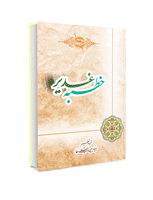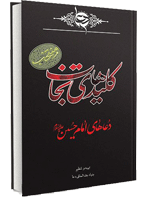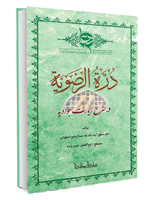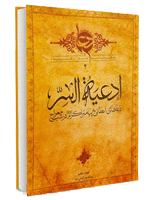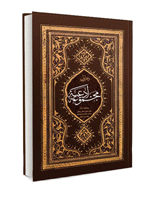- Prophet Muhammad (P.B.U.H&HF): Whenever one of you is needy and brings that to other people, he will not be satisfied. and Whenever someone is needy and brings that to Lord, he shall give him what he wants. sooner or later.
- Imam Sadiq (As.): Whenever you had tenderness in your heart, Pray. because your heart doesn't get tender unless it's pure.
- I told to Imam Baqir (A.S): “What is the meaning of “truly, Ibrahim was awwah and patient”? He replied: “Awwah means (the one who is) praying (to) and wailing (for God) a lot.””
- “Two people, who have acted alike, enter the heaven, but one of them sees the other one in a higher place. Then, he says: O’ Lord! How come has he a superior place in comparison to me while we acted alike? God the Almighty replies: “because he asked Me (whatever he needed) and you did not do that”.
- “The most knowledgeable person to God is the one who asks more from Him”
- “Whoever prays a lot, the angels say: This voice is familiar (to us) and this is the supplication which is accepted and this is the need which is provided”
-
The Holy Prophet (peace be upon him and his Household):
-
وَ لَوْ عَرَفْتُمُ اللَّهَ حَقَّ مَعْرِفَتِهِ لَزَالَتِ الْجِبَالُ بِدُعَائِكُم
If you knew god the way you should’ve known, Mountains definitely will be moved by your supplications. - Crying out of fear of God is the key to his mercy, it’s a sign for his acceptance and it’s a door to answering [supplications]
- Pray to God and believe in his answeres. But understand that God won't accept prays from an unwitting oblivious heart.
Thick Description of Salah, ritual prayer, in Islam
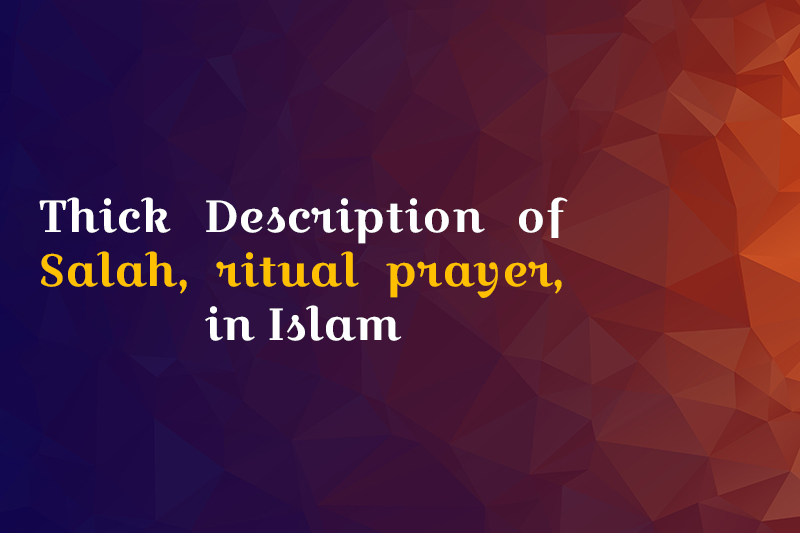
“God is greater, God is greater...come to prayer, come to success!” so the mua’dhin , the person who calls to prayer, would say. The mua’dhin could have been my late father or myself, or my brother or one of my sisters. It could also be a Jordanian or Moroccan person while I was living in Jordan and Morocco. Salah , ritual prayer, is one of the bedrocks of Islam. And the call to prayer would initiate this daily act five times a day with the mua’dhin’ s voice beautifying the space they are in.
In this paper, I seek to give an (brief) historical development of salah , relying on primary sources including the Qur’an, and secondary sources, such as Marion Katz’s Prayer in Islamic Thought and Practice from a Western scholarly perspective and Ingrid Mattson’s The Story of the Qur’an: Its History and Place in Muslim Life, also from a Western source, but furthermore a Muslim believer’s scholarly perspective. Additionally, I will use the 12th century Persian scholar alGhazali’s Inner Dimensions of Islamic Worship from a Sufi perspective and a 20th century prayer manual book Knowledge of God by a late Saudi Arabian Sufi scholar. Finally, I intend to illustrate transformations in the meaning and purpose of ritual prayer, and then will conclude with contemporary challenges and possibilities.


